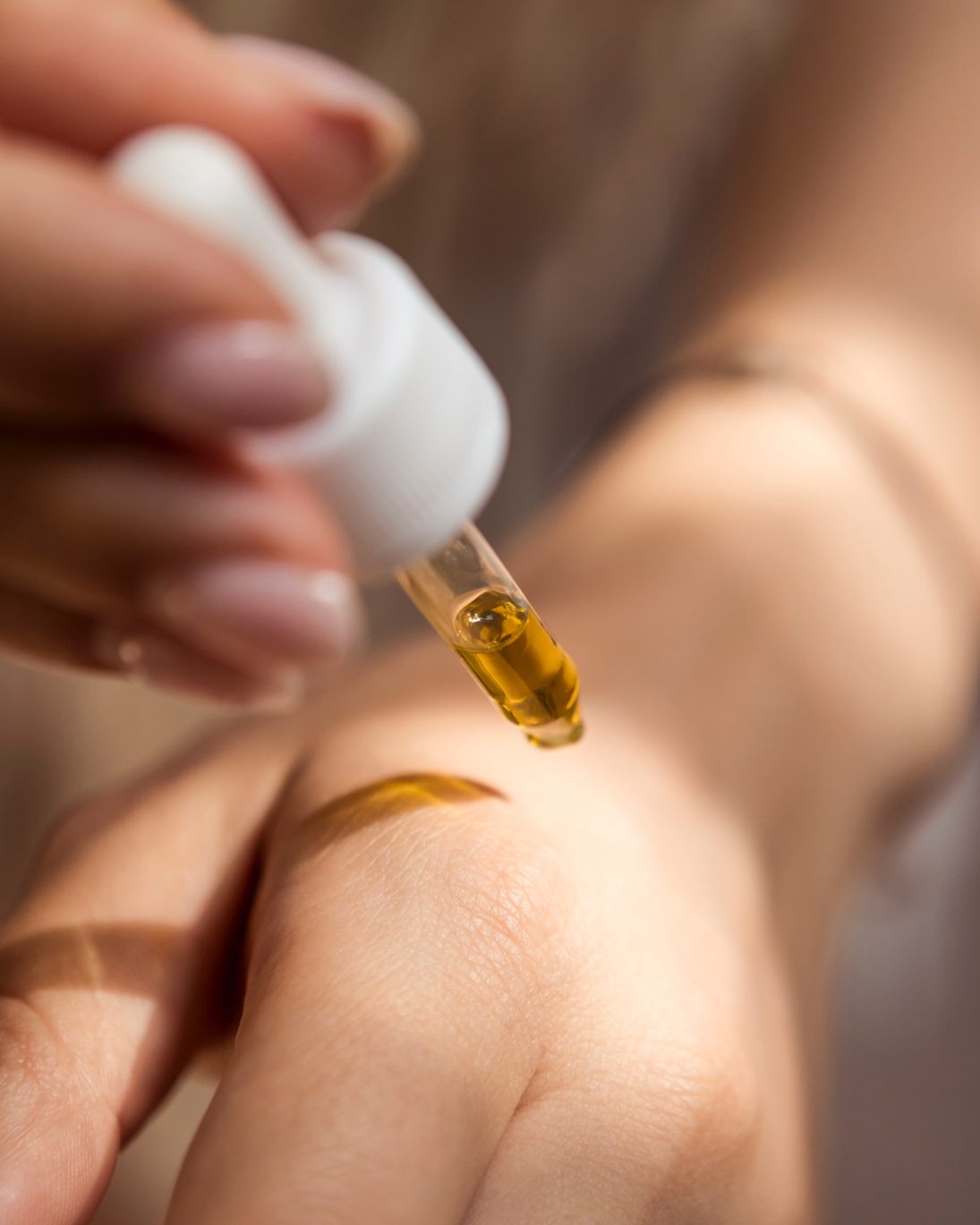Attention Deficit Hyperactivity Disorder (ADHD, short for “Attention Deficit Hyperactivity Disorder”) is a common neurodevelopmental disorder that affects up to 5% of the population. It manifests itself from early childhood and persists into adulthood.
The effectiveness of pharmacological treatment is not satisfactory because it usually does not cover a wide enough spectrum of symptoms and does not help in the long term.
In layman’s terms, ADHD is often confused with ADD (Attention Deficit Disorder), which is a similar disorder but without the hyperactivity symptoms. Doctors sometimes refer to both disorders by the single term “hyperkinetic disorder”.
ADHD is manifested by deviations in development of the central nervous system and impaired regulation at the level of neurotransmitter systems (noradrenergic and dopaminergic). This in turn affects all cognitive function. ADHD is also a high risk factor for other psychiatric disorders.
Tendency to self-medicate with cannabis
It has previously been observed that adolescents diagnosed with ADHD have a higher propensity to use cannabis. Therefore, researchers wonder whether this is a manifestation of “self-medication”, i.e. spontaneous self-medication. 1 In particular, individuals with hyperactive-impulsive symptoms seem to be prone to daily marijuana use.2 However, the same is confirmed in children and adults suffering from inattention.3 Recent studies continue to demonstrate this causal link and it is therefore clear that cannabis treatment is worthy of closer examination.4
In this context, it is noteworthy that some ADHD sufferers showed a marked normalization of their condition when their blood plasma THC levels were high, and vice versa – abnormal behaviour and inattention prevailed in sobriety.5
THC versus CBD
When researchers compared the efficacy and functionality of officially registered cannabinoid-based products in ADHD patients, Bedrocan® (THC) relieved symptoms such as poor frustration tolerance, anger outbursts, boredom and inability to concentrate. In contrast Bediol®, which contains cannabinoids THC and CBD, counteracted the typically narcotic effects of Bedrock® and contributed to better sleep, among other things.6
However, ADHD is not one of the indications for which medical cannabis or products containing THC can be prescribed today. So the question is, to what extent does CBD-assisted treatment make sense?
Scientists are now of the opinion that CBD is useful in alleviating symptoms of schizophrenia, social anxiety disorder, as well as comorbidities of ASD and ADHD. Weaker evidence exists for insomnia, anxiety, bipolar disorder, post-traumatic stress disorder and Tourette’s syndrome.7
Sativex spray
Of note is a pilot randomized and placebo-controlled experimental study with Sativexem, which is an oral spray containing cannabinoids (THC and CBD in a 1 : 1 ratio) and terpenes. A sample of thirty adult subjects with ADHD showed significant improvement in hyperactivity and impulsivity, and there was a trend toward improvement in inattention. The results suggested that the self-medication theory has merit. 8
A selection of studies:
Attention-deficit/hyperactivity disorder and lifetime cannabis use: genetic overlap and causality 2020
A selection of studies:
Attention deficit hyperactivity disorder and lifelong cannabis use: genetic overlap and causalitya 2020
Genetic overlap and causality between substance use and attention deficit hyperactivity disorder 2021
